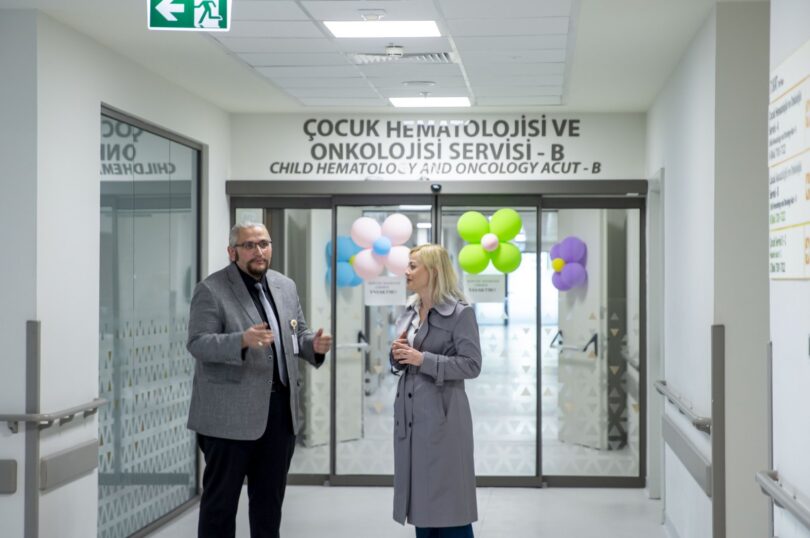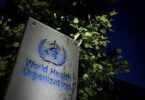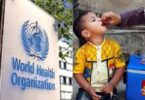ISTANBUL (AA): The prevalent blood disease thalassemia, also known as “Mediterranean anemia” due to its frequent occurrence in countries around the Mediterranean, is reported in 2.1% of the Turkish population, according to data from the Health Ministry shared on Sunday.
The hereditary disease is considered an essential public health issue worldwide and in Türkiye, with its most complex form being beta-thalassemia.
According to official data, the disease, characterized by an abnormal formation of hemoglobin, is most frequently reported in southern Antalya province.
According to the latest Ministry of Public Health General Directorate data, the average frequency of “beta thalassemia” carriers in Türkiye is 2.1%. Still, this rate can vary between 0.6% and 13%, depending on the region.
Thalassemia is a genetic blood disease caused by defective genes inherited from parents, which manifests with symptoms such as severe anemia and extreme weakness, fatigue, apathy, and pale appearance, as per experts.
Consanguine marriage between relatively close family members, still present although declining, is said to be one of the factors influencing the prevalence of the disease.
Diagnosis of the condition is accomplished through blood tests. However, many carriers are unaware of their status until they have children.
The Ministry of Health implements the “Premarital Hemoglobinopathy Screening Program” in 81 provinces of Türkiye to identify and treat people with the disease in advance and to provide genetic counseling support when they plan on having children. The program offers counseling to spouses who apply to family physicians for a premarital health report. Screening tests are then performed via blood samples from the male spouse.
If he is found to be a carrier or is suspected of having hemoglobinopathy, the screening test is also performed on the female spouse. In case of a confirmed thalassemia possibility, the parents-to-be are directed to further government-sponsored counseling centers for further analyses, after which the candidates concerned are given a scope of forming a healthy family unit through the Preimplantation Genetic Diagnosis (PGD) methods as per professional medical advice.
May 8 is marked as World Thalassemia Day, dedicated to spreading awareness about the blood disorder and its prevention.







